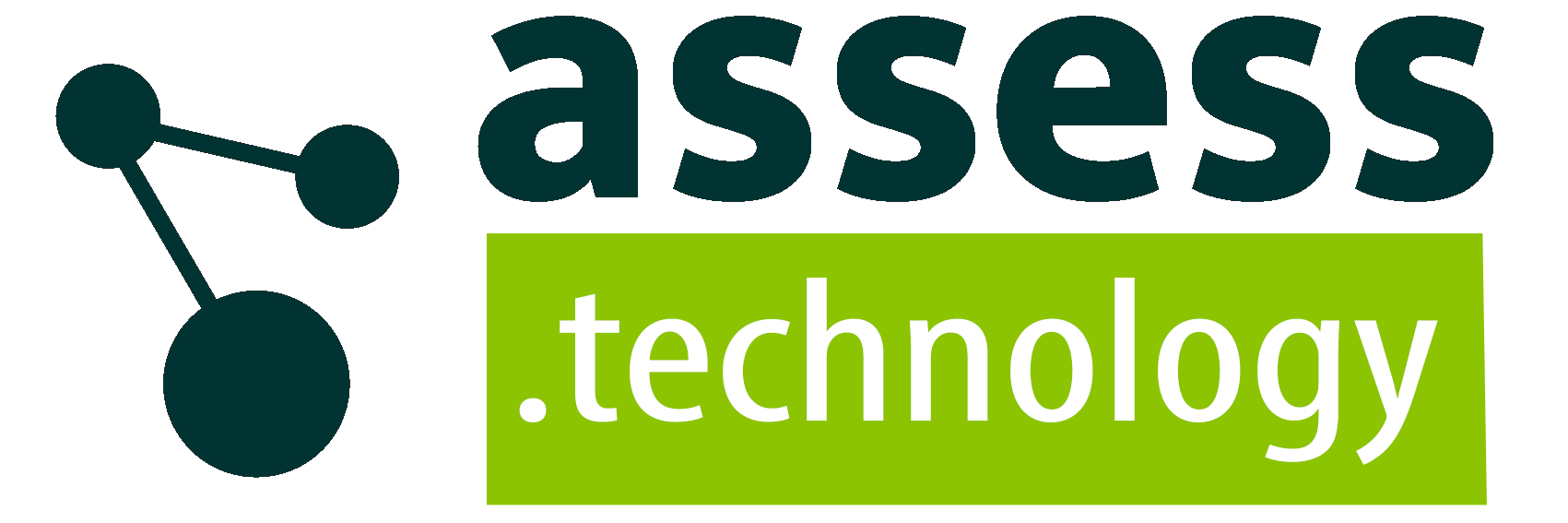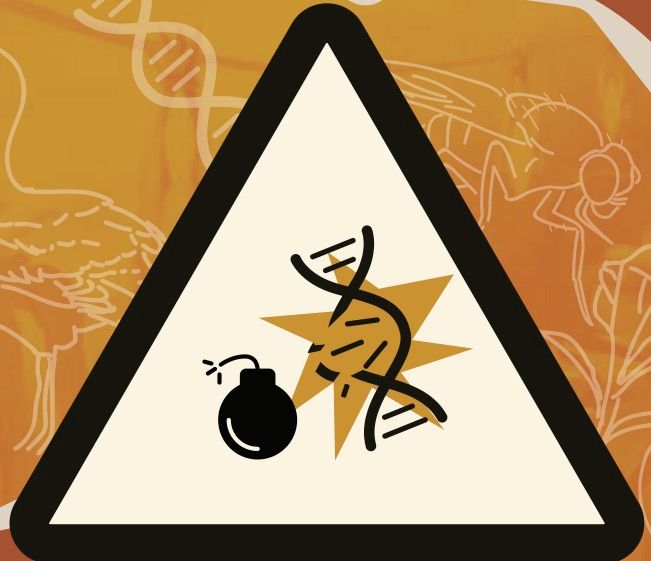What do we mean by technology?
“Tech” is often used as a shorthand for digital machines and high-tech objects and industries, such as computers, airplanes or biotechnology.
But a technology is more accurately defined as a useful set of techniques brought together into a system and sustained over time – often in a physical form. Using this definition we can see that, in reality, all kinds of technologies are part of our everyday lives. Bicycles and clothes are technologies. So are crop rotation, firearms and nuclear power.
Viewed in this way we can more clearly see that technologies have consequences for our common good built into them – but these consequences may be positive or negative. As a result, technologies need to be assessed.
To evaluate technologies effectively, our definition of them needs to reject the common assumption that technologies are neutral tools, merely objects or processes that allow us to solve a problem or do something.
We believe that technologies often have political implications, and that power relations are often inadvertently (and sometimes intentionally) built into technological systems and the “tech” devices that arise from them, in a way that could lock-in social injustices or endanger ecosystems.
These are all technologies:
For our guide to thinking about technology tune into this podcast from ETC Group
Questions:
Some of the key questions that need to be asked in a technology assessment process are:
Q: Which people, non-human organisms and ecosystems might be impacted by a potential technology. What are their needs?
Q: How might communities be involved in a process of free, prior and informed consent about the potential development and deployment of this technology from the beginning?
Q: Who stands to gain – and who might lose – in a future in which such a technology was developed and eventually applied? Would that improve or worsen social and ecological conditions?
Q: What are the uncertainties around knowledge associated with this area of science and technology?
Q: What are the relevant bodies of knowledge and accumulated wisdom associated with it?
Q: Are there other ways to achieve what the technology claims to do (including socially-based solutions and other means that don’t involve this technology)? Have those ways been considered sufficiently?
Participatory forms of technology assessment aim to find ways of answering these questions that bring the lived experience, knowledge and wisdom of everyday people – including manual workers, indigenous peoples, peasants, especially women, disabled people and other groups who experience oppression, to the centre of discussions. Participatory action research is an approach that is often used for this purpose.
However, there are other forms of technology assessment, such as those undertaken by national parliaments (often called parliamentary technology assessment), solely by experts (such as academics or government scientists) or involving citizens as volunteers gathering data for experts (citizen science – see glossary).



